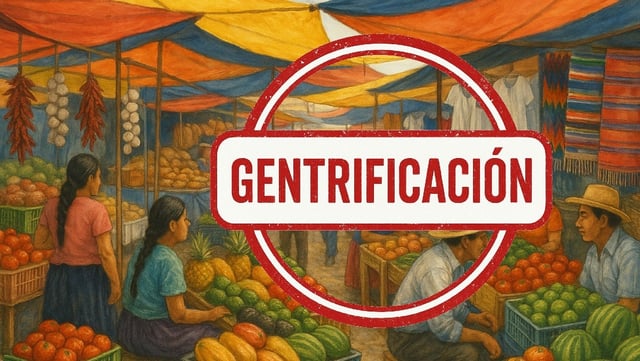Overview
- Official planning data estimate more than 20,000 low‑income households are pushed from central Mexico City to the periphery each year due to the lack of affordable housing.
- The Colegio de Urbanistas de México reports that real‑estate speculation has shifted from marginal to a guiding force in the urban land market because of weak public policy.
- Urbanists Carlos Morales Schechinger and Juan Carlos Zentella propose measures such as inclusive zoning, progressive taxes on vacant or hoarded land, forced development after inactivity, and expropriation for public use.
- Analysts stress that urban land value largely stems from public investment, arguing that planning should channel that value toward collective benefits rather than private capture.
- Coverage highlights social and cultural impacts in hotspots like Roma, Condesa, Juárez, Escandón and the Centro Histórico, where longstanding shops give way to upscale venues and local identity erodes.
